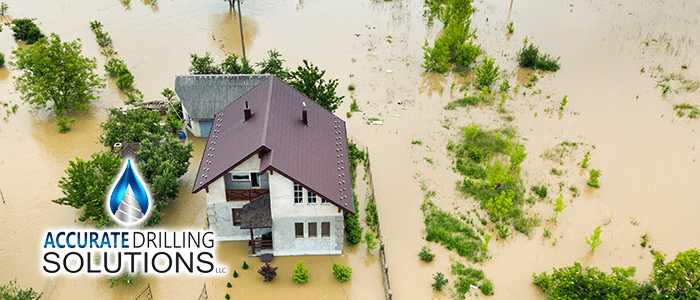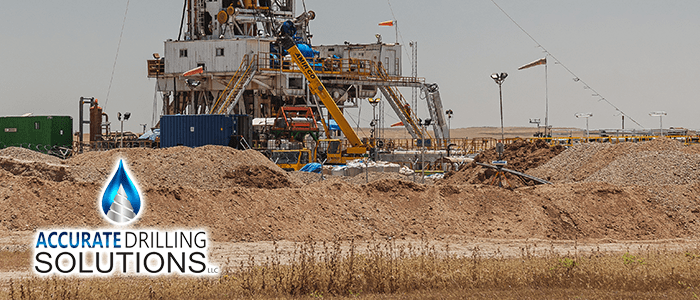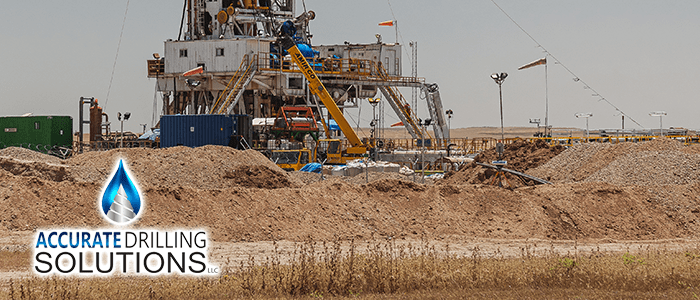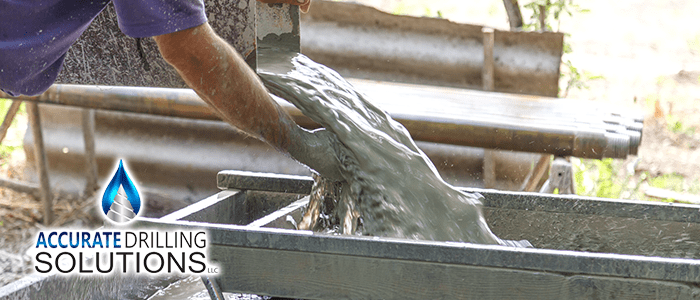
Saving Your Water Well From Floods
Any homeowner with a private water well should take steps to protect their systems against floods, but the methods might be a bit complex. Clean drinking water is a resource that may be contaminated during a natural disaster and must be restored in order to reestablish stability in the impacted region. If yours is already up for the challenge, you’re ahead of the game!
Sometimes, you can get lucky and your residential water well can be repaired in quick order. Aquifers are rarely damaged by flooding because they have a natural protection against rising water levels.
Despite that, even though you think your aquifer may be safe, if your well is flooded, it might not be. It should not be used for drinking until it has been adequately tested, and if necessary, treated to get rid of any contaminants. Testing should be spread out over several weeks to allow for full detection of any negative side effects. Some possible impacts could take a while before they are repaired:
Water Quality and Floods
Flooding can sometimes have a lasting effect on water quality. If a well has been submerged for any length of time, surface water and potential contaminants have probably seeped into it.
- High flood waters can convey surface water into the aquifer that has been contaminated by broken fuel lines, damaged storage tanks, or sewage entering.
- Excessive aquifer recharge could cause groundwater levels to rise dangerously, putting the water in contact with contaminants that lie just below ground surface. When rising water tables reach the level of leach fields in residential septic systems, it can cause wastewater to back up into houses.
- If you live on the coast and a tidal surge causes flooding, sodium chloride levels may temporarily increase.
Water Well Equipment
Every residential well relies on an electric pump to drive water up from beneath the earth. Submersible pumps are typically installed in wells and can be located anywhere at the bottom. Jet pumps, on the other hand, sit above ground but need to be close enough so that water doesn’t splash above them or get into their engines. When power fails, or when equipment has been submerged in water and then dried out, there are several safety steps to take before restarting electrical equipment.
- If any electric components were flooded, they should be dried out and checked by a professional before being restarted.
- Your well probably hasn’t been affected by debris and has most likely just received tiny bits of sediment if you have a properly fitted cap and vent cover. If your above-ground jet pump has become flooded, however, it should first be disconnected from the power source and dried out before being restored to operation.
- When your electricity is out, a backup generator can be used to power critical equipment such as pumps. Before doing so, however, you must follow certain safety rules.
Before connecting your well pump to a generator, make sure it is disconnected from the power source. If you are installing a pump and have not previously wired it, then you should hire an electrician. Remember, never operate a generator indoors.
After the Flood
After you have dealt with any pump issues, restarting your well should involve purging and testing. Disinfecting the area is your next step if you detect any contaminants.
Purging your Water Well
Because water may have entered your well during a flood, the wells should be pumped down to remove this water. This will let the chlorine proceed to disinfect more efficiently.
To best remove any contaminated water, it should be released through a garden hose for at least an hour—or until clear. Bacteria should be sampled at the beginning and end of the cleaning process to determine whether it is safe. If gas or oil have entered your well, or even if you think they have, contact a professional to remove them properly.
Disinfecting Your Well after Floods
Any well that has been flooded should be disinfected. The simplest way to disinfect your well is with ordinary household bleach. The amount you need is dependent on the level of water in your well. If you aren’t sure what you’re doing, contact us at Accurate Drilling
We’re devoted to assisting you through the upcoming rainy season, through any questions or concerns you might have. Don’t take your life into your own hands, let us help you out!
continue reading
Related Posts
Emergency Well Repair: Fast Solutions for Central Florida Residents Living
Environmental Considerations in Well Drilling: A Sustainable Approach At Accurate
Water Testing – What Every Well Owner Needs to Know





